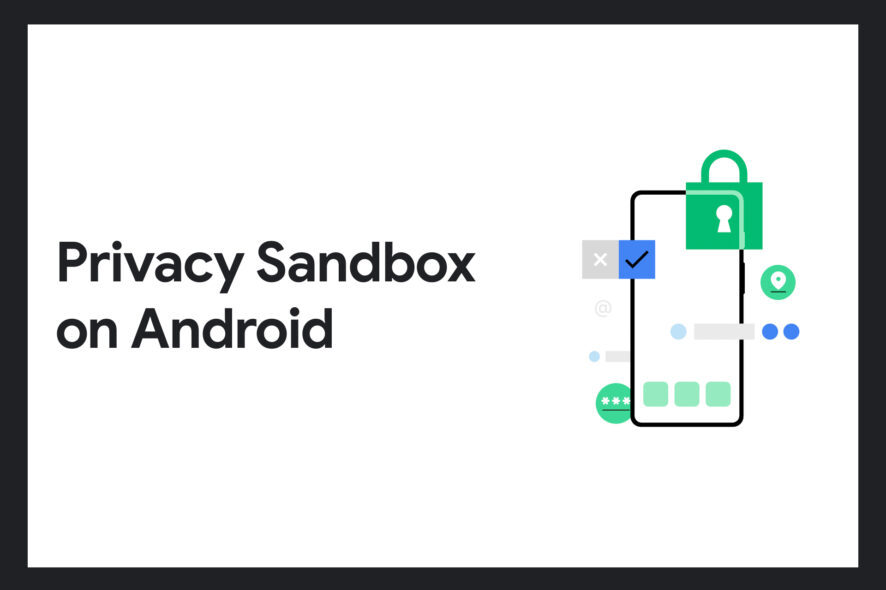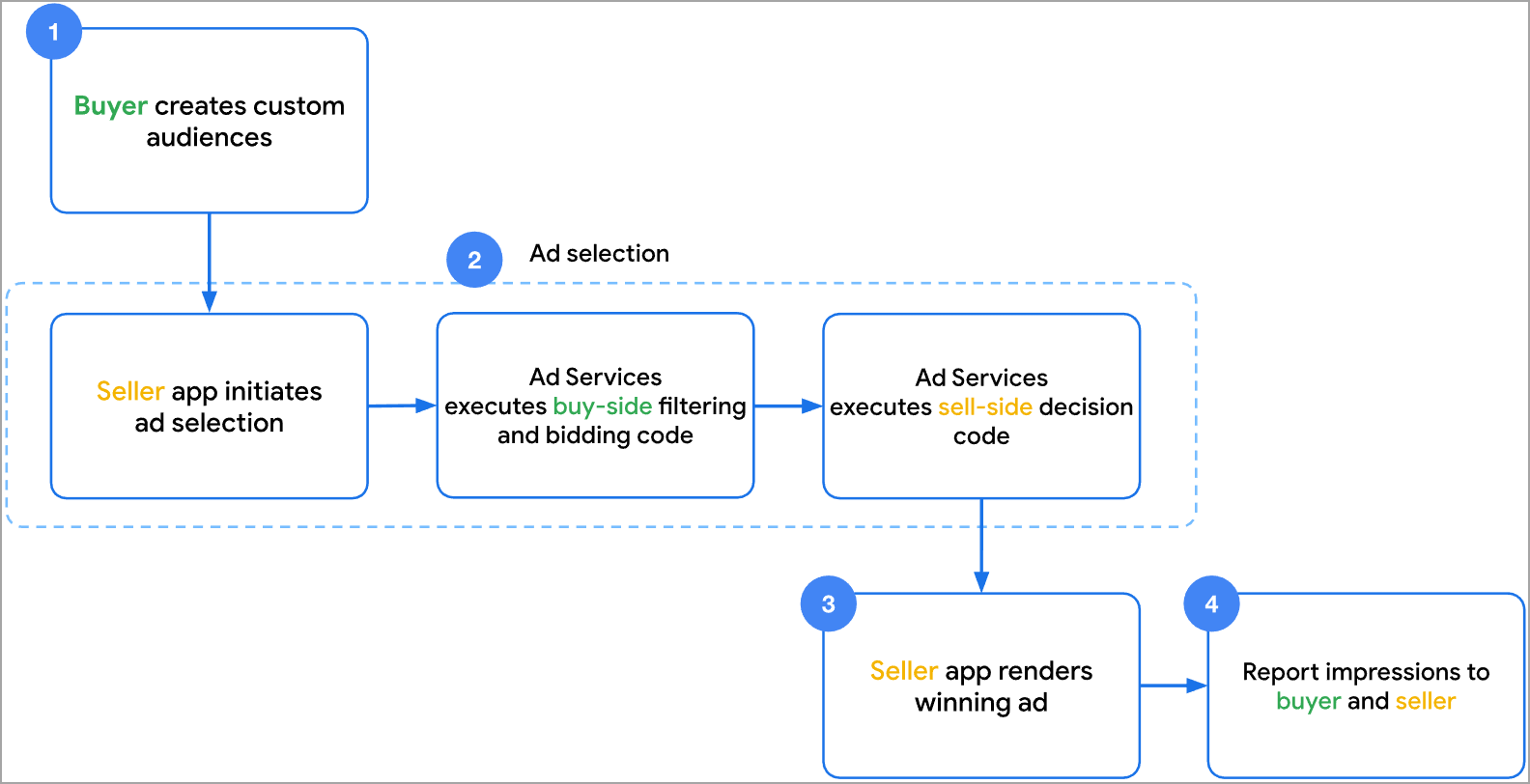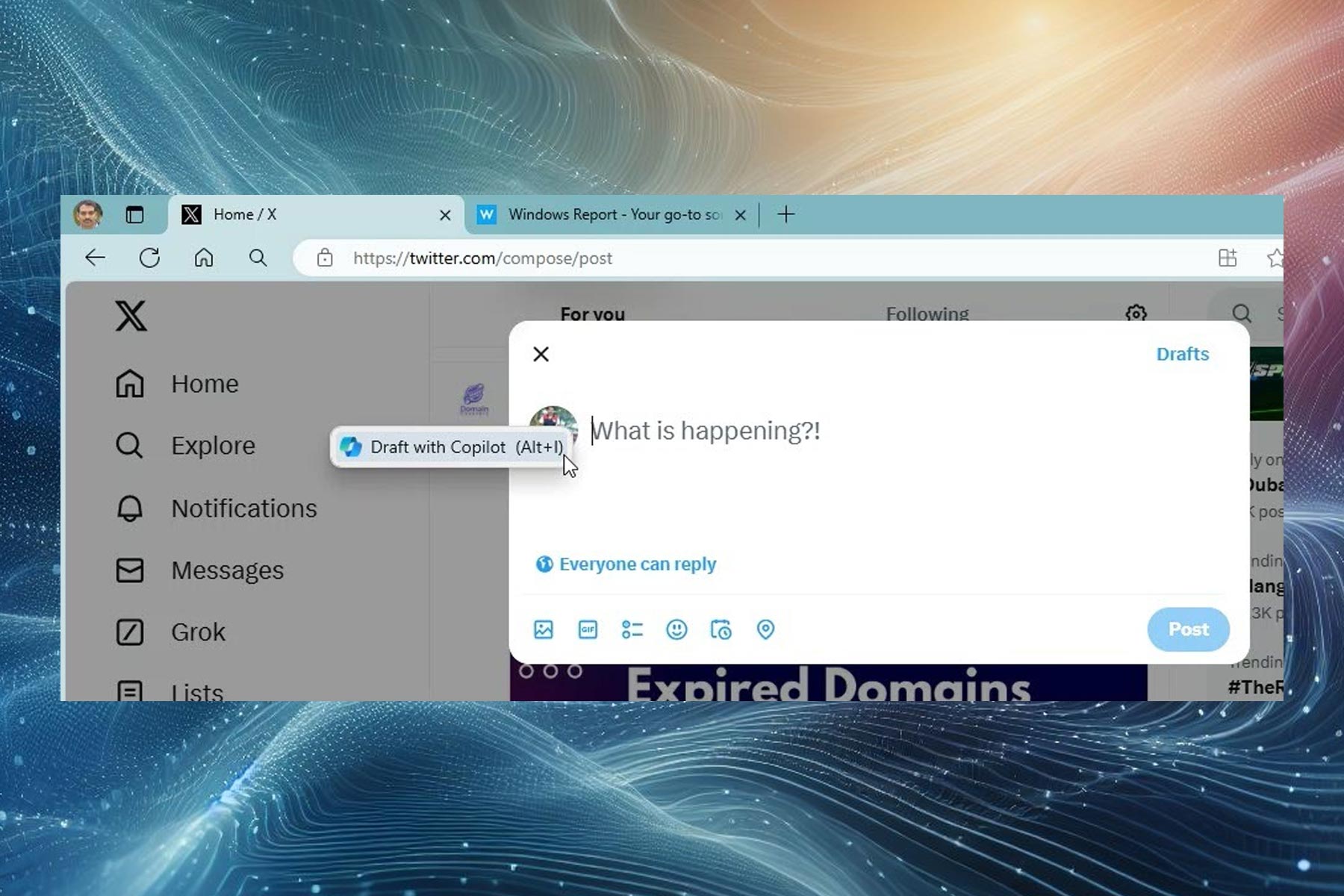Google plans to introduce Privacy Sandbox on Android
2 min. read
Published on
Read our disclosure page to find out how can you help Windows Report sustain the editorial team Read more
Key notes
- To improve the privacy of its users, Google is planning to release Privacy Sandbox for Android.
- With this feature, SDKs won't be able to access undisclosed user data.

A few years ago, Google introduced the Privacy Sandbox initiative to improve the privacy of users on the Web.
According to a recent post on Android Developers, Google has plans to bring Privacy Sandbox to Android as well.
What’s Privacy Sandbox for Android and how does it work?
The idea behind Privacy Sandbox is to create an advertising solution that protects user privacy. Although Android uses app sandboxing, SDKs are running from the host’s app sandbox and they have the same privileges as the host app.
This means that they can potentially get access to undisclosed user data. This will change with Android 13 and the new SDK Runtime will have stronger safeguards regarding access to user data.
To achieve this, the Privacy Sandbox for Android will replace cross-app identifiers and covert tracking with Attribution Reporting, Topics, and FLEDGE APIs.
Topics API will determine the user’s interests based on the applications that he has installed. By doing so, advertising SDKs can use these topics to serve ads to users.
With FLEDGE, developers can show ads to users depending on the interaction with their app. And lastly, Attribution Reporting will help with the measurement of conversions using machine learning.

The developers can already enroll for Privacy Sandbox and familiarize themselves with it. Regarding the release date to the general public, there’s no official information at the moment.
However, we know that Google plans to start the Privacy Sandbox beta on Android 13 mobile devices early next year, so you might get the chance to give it a try.
We’re still not sure how this change will impact Windows Subsystem for Android, but we assume that there won’t be any issues with it.
What are your thoughts on Privacy Sandbox for Android? Let us know in the comments below.








